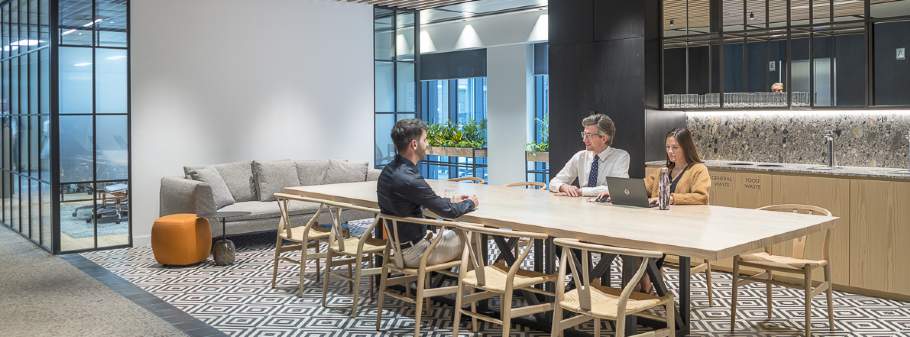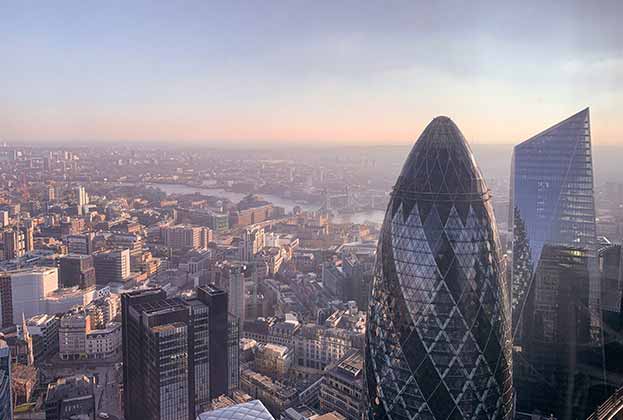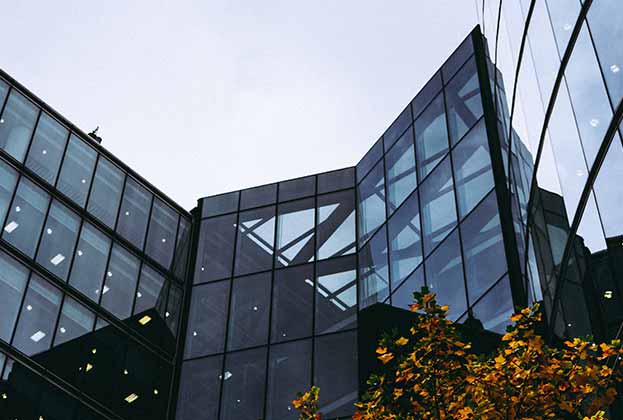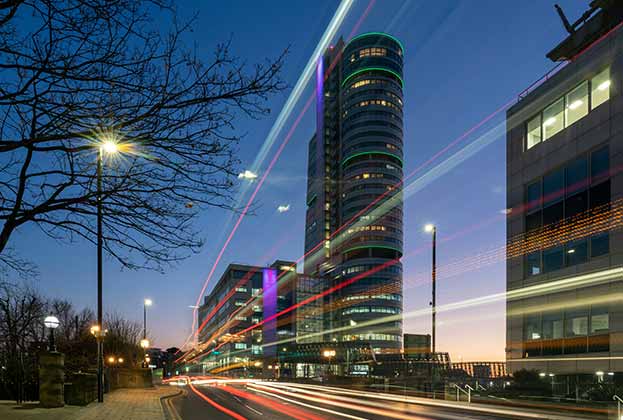So much has been said about the ‘future office’ since people began the return to work post-Covid-19, with the debate about its demise or ascendancy still very much up for discussion. What’s clear, however, is that creating a positive workplace experience will differ both from organisation to organisation and by sector.
Is your existing space too hot, too cold or just right? If an algorithm could simply tell a business what works, finding that ‘goldilocks moment’ would be a simple process. Unfortunately nothing is ever that easy, which is why it is key to have a workplace strategy in place.
First and foremost, what are an organisation’s priorities? There is always going to be a discrepancy between those who can afford significant changes and those who can’t. For some, the ‘hotel-ification’ of existing space could add value in a high fee earning environment. On the flip-side, small effective changes such as a burst of colour and new furniture might make all the difference to a firm on a budget.
Yet the question remains, can you be a high-performing business if you don’t have high-quality office space? The answer lies in having a strong understanding of the positive aspects of your business culture and how that manifests in the way your people interact in the space they work. This will allow you to make impactful, but focused interventions that strengthen the networks, relationships and communication flows that businesses need to thrive.
The key, therefore, is to try before you buy. Testing different options through pilot schemes can help to provide both qualitative and quantitative data. This can help to identify the stress points needing to be addressed and develop an evaluation process that can gather data from multiple sources. Again, this isn’t foolproof and it is important to be aware of the ‘laboratory rat’ factor, whereby the act of observing can influence the behaviour of those being observed. Also, the psychology of loss can over-influence feedback, especially in instances where change involves relinquishing an old way of working to embrace the new.
It is also vital to remember that this process is evolutionary, rather than a big bang. Even after you decide what you want now, this may still change in the future.
Just as families come in all shapes, sizes and personalities, so do teams, businesses and organisations, which is why finding that ‘goldilocks moment’ can take some testing. Don’t rush into change because that’s what others are doing. Remember, some of today’s highest performing businesses started in sheds, garages and on kitchen tables. Sometimes people just need space to experiment, play and create in order to find the best solution.

-impact-the-office-sector(1).jpg)

.jpg)






